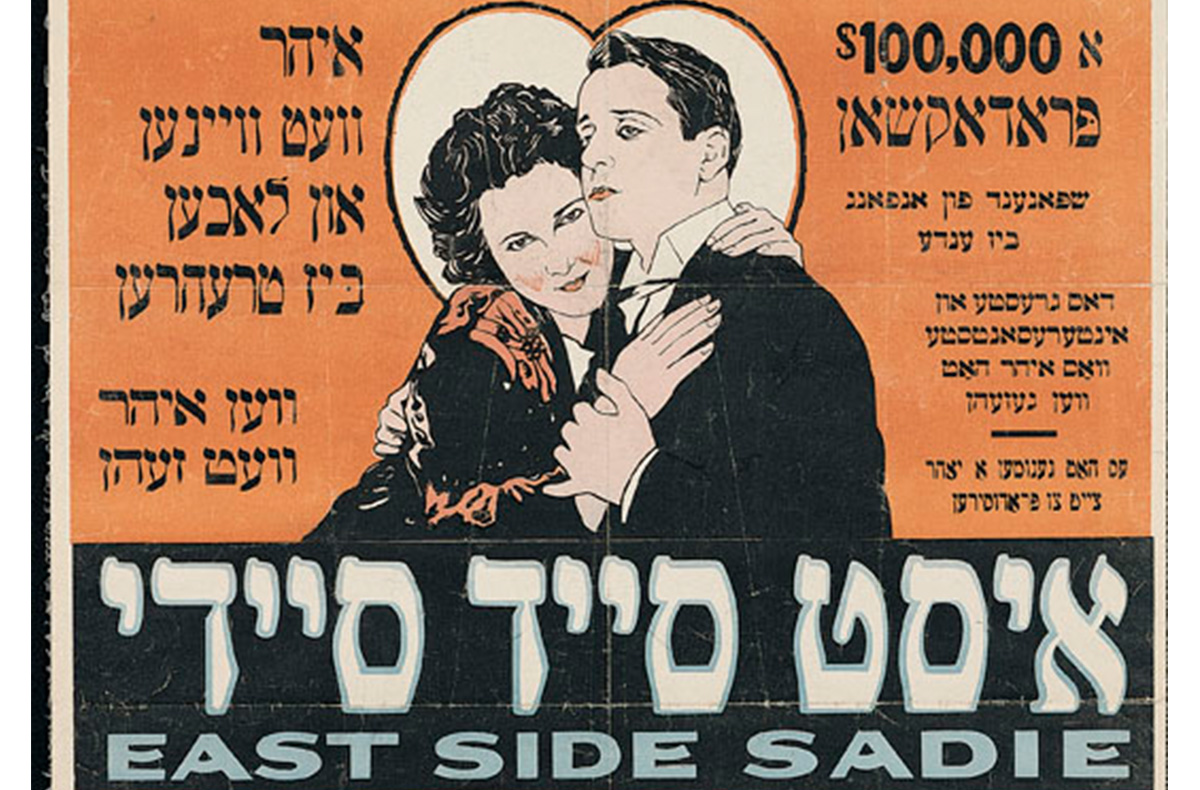How’s your Yiddish? Probably slightly better than you’d thought, as many words from this Ashkenazi Jewish language have schlepped their way into modern American English. And if you’re a fan of classics like Seinfeld or Curb Your Enthusiasm, or later hits like Unorthodox or Shtisel, then you’ve probably picked up enough to be a real mensch.
Is Yiddish the same as Hebrew?
Oy vey! No, they are not the same language. Yiddish is a Germanic language that developed in Europe, while Hebrew is from Israel and the Middle Eastern areas. The two languages do share some similar words, especially for religious ceremonies, but Yiddish sounds more like German and is often distinguished by its “sh-” sounds and consonant clusters like “kl-.”
How Has Yiddish Had Such a Big Impact on American English?
For a language with a relatively small number of native speakers, Yiddish has indeed had an outsized impact on US English. One reason for this phenomenon is that many Yiddish-speaking immigrants settled in New York City, where one of the nation’s most prominent Jewish communities developed. If something is big in New York, it’s going to be big in the rest of the country. As Frank Sinatra said, if you can make it there, you can make it anywhere.
Speaking of Sinatra, another major factor was the world of showbiz. Entertainment legends like Mel Brooks and Woody Allen often used Yiddish expressions and intonations in their acts and movies, thereby introducing audiences to words we now can’t live without. Below are 12 of the very best.
12 Yiddish Words Commonly Used in American English
- Schmoozing – If you’re at a party or event rubbing elbows and making small talk, you’re schmoozing. This can be just friendly socializing or done in an effort to meet the right people and network. The best schmoozing is usually done over hors d’oeuvres and drinks.
- Nosh – This word does double duty as both noun and verb, and involves eating a little something between meals. You can have a quick nosh at your desk or nosh on some cheese and crackers.
- Shpiel – This is someone’s practiced and oft-repeated speech or sales pitch, and it may have a negative connotation. You may end up telling a pushy sales associate, “I’m not gonna buy anything today, save your shpiel.”
- Klutz – Someone who is a klutz is clumsy or accident-prone, often dropping their phone and spilling things all over the table. Klutzes are usually not so graceful on the dance floor.
- Oy vey – A Yiddish exclamation that can express a wide range of emotions, from disappointment to frustration to sympathy. There is a lot of nuance, but it all revolves around “not good.”
- Schmuck – A word to describe a jerk or someone who does something inappropriate or rude, like taking two parking spaces or not apologizing after bumping into someone. “That schmuck just cut in line in front of all of us!”
- Bagel – Yes, this breakfast bakery staple is a Yiddish word – בײגל – which is pronounced “beygl.” For the record, the word “lox” is Yiddish as well and means smoked or cured salmon.
- Schlep – Another versatile verb/noun combo that involves traveling or carrying something in a cumbersome way. Your hour-long commute to work can be a schlep, or you may have to schlep your suitcase all over the airport.
- Tuchus – Also spelled “tookus,” this Yiddish word means your rear end. “I’ve been schlepping my tuchus all over Manhattan this morning. Oy vey!”
- Schtick – Someone’s personal style of entertainment or act is their schtick. It can be positive or negative. “His schtick is telling jokes while he shines your shoes. Good for a laugh.”
- Mensch – A good, trustworthy person is a mensch. This is a stand-up guy or gal, someone with real character.
- Chutzpah – Having nerve, or “chutzpah,” can be a good or bad thing, depending on the context. It takes a lot of chutzpah to start your own business, but also a lot of chutzpah to wear white as a wedding guest.
Image credits: Center for Jewish History, NYC, No restrictions, via Wikimedia Commons


